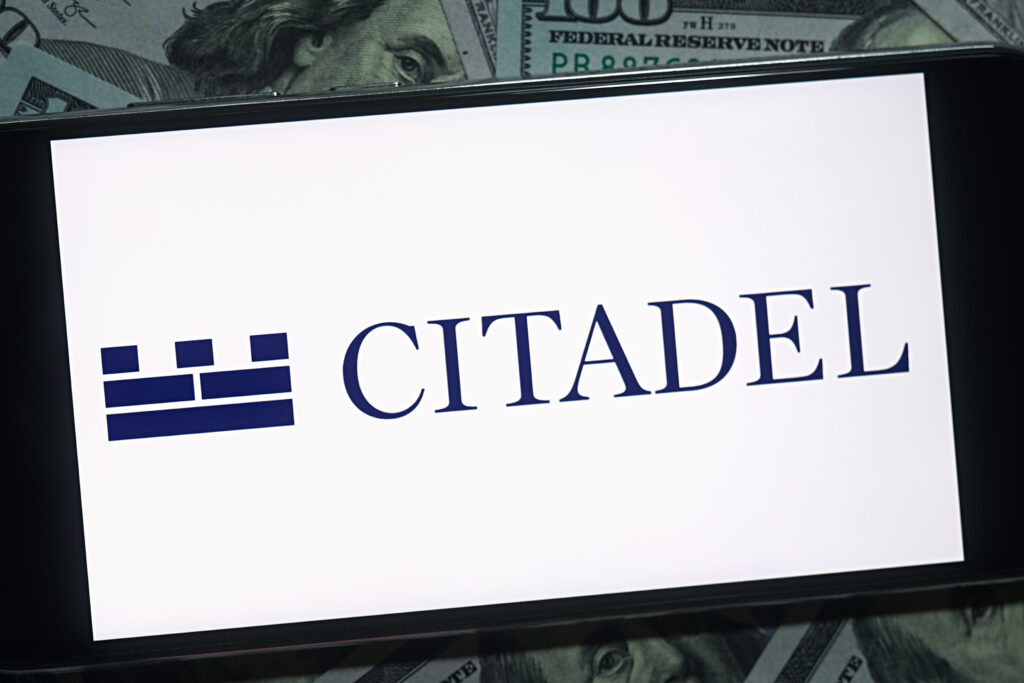
Key Takeaways:
- Citadel urges the SEC to ensure tokenization delivers genuine market efficiency rather than becoming a regulatory loophole.
- The tokenized real-world asset market has grown to $25 billion, with major firms like BlackRock and Franklin Templeton entering the space.
- Citadel warns that tokenization could drain liquidity from traditional markets, forming inaccessible pools for core institutional investors.
Citadel Securities has urged the U.S. Securities and Exchange Commission (SEC) to ensure that tokenized securities deliver genuine innovation and efficiency, not serve as regulatory loopholes.
In a message to the SEC’s Crypto Task Force, Citadel warned that tokenization must not be exploited for regulatory arbitrage.
Citadel Securities wants the SEC to proceed more slowly on allowing "tokenized" securities to take off https://t.co/UCKtq2S5tb
— Bloomberg (@business) July 21, 2025
Tokenization – the process of placing real-world assets on blockchains as digital tokens – is gaining traction for its potential to reduce costs, accelerate settlements, and enable fractional ownership.
Major firms like BlackRock, Franklin Templeton, Coinbase, and Kraken are entering the space, with the market value of tokenized assets now around $25 billion, according to RWA.xyz.
SEC Chair Paul Atkins has shown optimism, floating an “innovation exemption” to foster development.
However, Citadel cautions that tokenization could drain liquidity from traditional markets and create isolated liquidity pools that exclude pensions, banks, and endowments.
These concerns echo broader industry hesitation.
On the same day, JPMorgan explored Bitcoin-backed loans, signaling a shift in its digital asset stance.
Ledn CEO Adam Reeds added that crypto lending poses custody, volatility, and liquidation challenges for banks entering the space.

